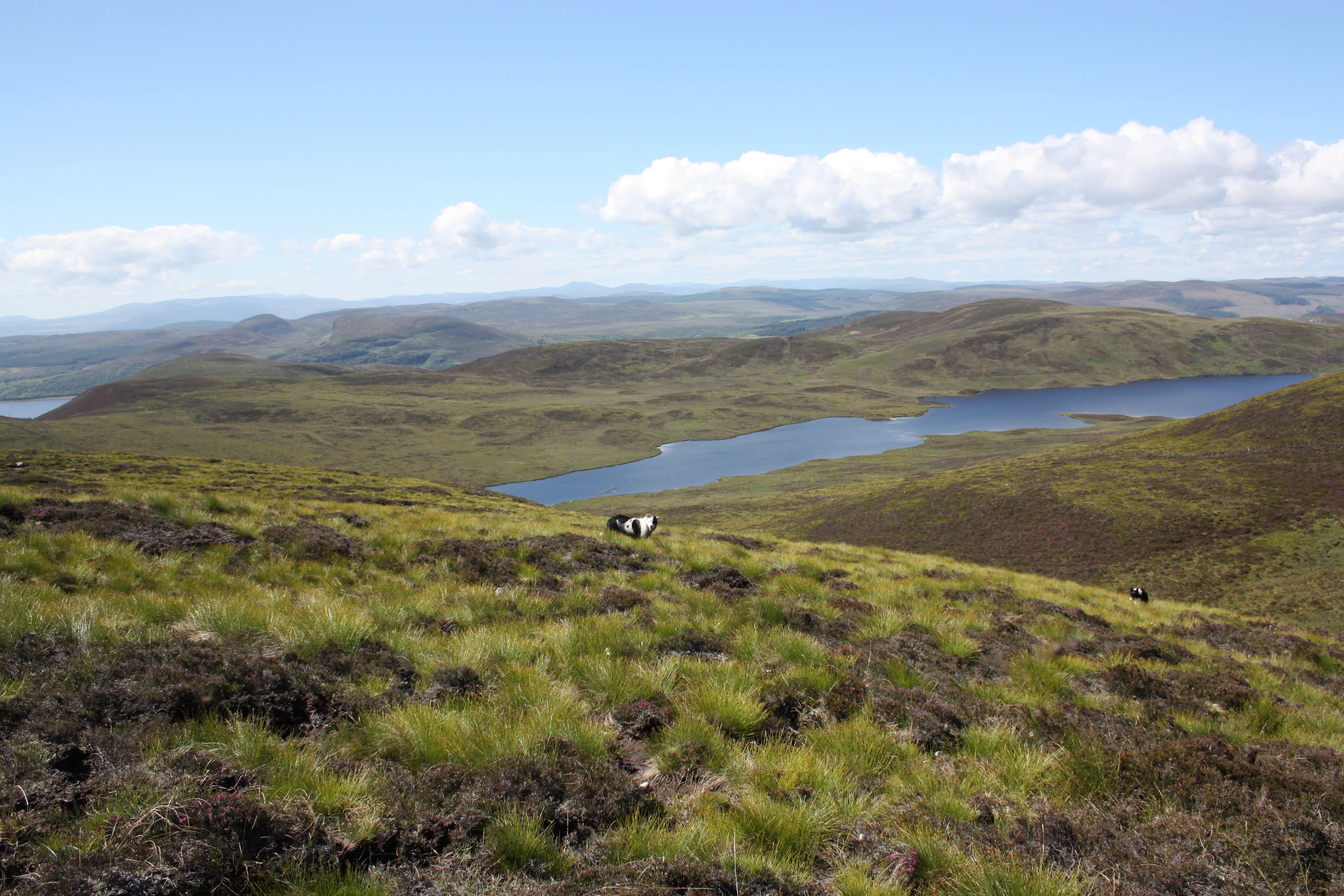May 15 2015
FARMERS UNITE TO LOBBY GOVERNMENT ON SEASONAL RENTS SCANDAL
News Release
Scottish Tenant Farmers Association
22nd April 2015
FARMERS UNITE TO LOBBY GOVERNMENT ON SEASONAL RENTS SCANDAL
Scotland’s main farming organisations have joined forces to write to Cabinet Secretary Richard Lochhead to urgently seek a meeting to discuss the industry’s continuing concerns over the potential damage that could be caused by the lack of robust activity requirement which allows non-producing landowners to claim Basic Payment Scheme (BPS) support payments on seasonally let land.
The joint approach from the Scottish Tenant Farmers Association, NFU Scotland, the National Sheep Association Scotland and the Scottish Beef Cattle Association, follows numerous calls from farmers to each of the organisations expressing frustration and disappointment as they face disruption to their businesses caused by the loss of grass lets and/or BPS and LFASS payments on seasonal grazing land.
Commenting on the initiative STFA Chairman Christopher Nicholson said: “Seasonal lets represent about 15% of the tenanted sector and the movement of public support payments away from active farmers will have a serious impact on the livestock producers who rely on seasonal grazings.
“There is also growing concern amongst tenants with limited duration tenancies (limited partnerships, SLDTs and LDTs) due to end in the next few years who can see that this behaviour of non-active landowners claiming support payments reduces the chances of non-secure tenants being able to renew viable long term leases for the future.
“We are receiving calls for tenants and owner-occupiers from the length and breadth of Scotland who are facing disruption and uncertainty. The hardest hit are likely to be hill farmers, where increasing support payments provide a strong incentive for non-active landowners to make claims for support. While this is good news to the non-active, it is damaging to the active farming businesses who face the loss of BPS support and LFASS payments, putting at risk fragile hill livestock production.
“We would like to discuss with the Cabinet Secretary ways to build in more robust and stricter activity criteria to ensure that only genuinely active farmers are able to draw down Basic Payment Scheme payments.”
Speaking on behalf of NFUS Allan Bowie said: “The new CAP direct support payments should go to those actively farming the land. Support should be there to underpin productive businesses not simply a reward for owning land. As soon as the decision was made in Europe to move away from payments linked to production people who have animals but not control of the land are at risk of losing support payments.
“We are concerned by the situation facing many of our members who are now losing access to land that they previously farmed. We will continue to work with the Scottish Government to close the loopholes in the EU regulations that tie support only to land rather than to farming and production.
“Our members need to know that the rules on activity have been pushed to the limits and that the barriers introduced against slipper farming are going to be effective. The principle of support being targeted at those taking on the risks that are inherent in farming the land is embedded in the European regulations. Allowing the active farmer to use the land to claim support payments upholds that principle while any grab for entitlements risks damaging and undermining agricultural production in Scotland.”
George Milne, regional manager NSA Scotland said, “The outcome of this is totally against the original principles and policies of the Scottish Government who have always said that the genuine active farmer, the person looking after the livestock, should receive the payments.”
Commenting for the Scottish Beef Cattle Association Chairman Scott Henderson said that he wholeheartedly supported the joint initiative and looked forward to meeting with the Cabinet Secretary at the earliest opportunity.
